Welcome to a very exciting Friday! The big news is that we've developed two unique RISC-V boards - an Arduino R3 RED-V footprint or our Feather-compatible Thing Plus footprint - and they're now available! Affectionately dubbed "RED-V," these two boards lower the barrier to entry for RISC-V without the need for a co-processor. Now, let's take a closer look at RED-V and the rest of our new product offerings for the week!
Lock RISC files in attack position!
The SparkFun RED-V (pronounced “red-five”) RedBoard is a low-cost, Arduino-compatible development board featuring the Freedom E310 SoC, which brings with it the RISC-V instruction set architecture (ISA). What sets the RED-V RedBoard apart from the rest is the completely open-source approach from hardware to ISA. That means anyone can make full use of the microcontroller without requiring royalties, licenses or non-disclosure agreements.
The RED-V RedBoard comes in the familiar Arduino Uno R3 form factor and includes the SiFive Freedom E310 core, 32MB of QSPI flash, an NXP K22 ARM Cortex-M4 for USB connectivity and operating as a JTAG interface, and a Qwiic connector to make I2C easy. The modern USB-C connector makes it easy to program and, for more advanced users who prefer to use the power and speed of professional tools, we've also exposed the JTAG connector. Additionally, it comes programmed with a simple bootloader, making the RED-V the best way to start prototyping and developing your RISC‑V applications.
Of course, if you are looking for something a little more compact at a lower price point, we also carry the SparkFun RED-V Thing Plus. This little board is equipped with the same features as the RedBoard version but in a small, Feather-compatible footprint! With this footprint, you can take advantage of a shield option in case you don't want to use our Qwiic Connect System.
The Teensy Audio Adapter Board can be added to a Teensy 4.0 for your next audio project. The shield provides you with an easy-to-use tool to add high quality 16-bit, 44.1 kHz sample rate audio to your Teensy. With the audio library provided in the Documents tab, you will be able to use both the input and output simultaneously to make a variety of great audio projects, incorporate synth waveforms and effects, and mix multiple sound streams and CD-quality audio to your headphones or different line outs.
That's it for this week! As always, we can't wait to see what you make! Shoot us a tweet @sparkfun, or let us know on Instagram or Facebook. We’d love to see what projects you’ve made!
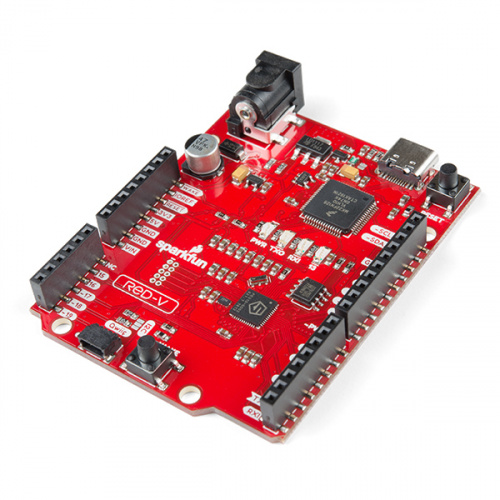
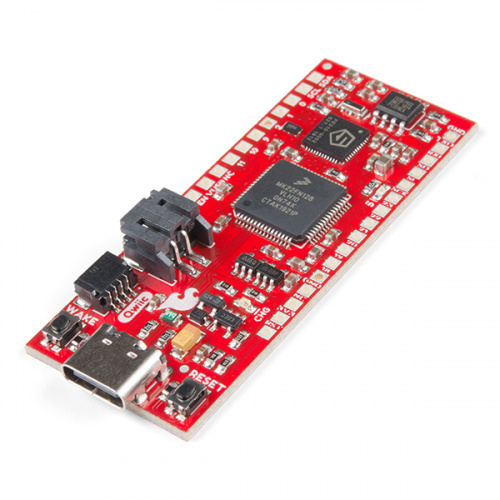
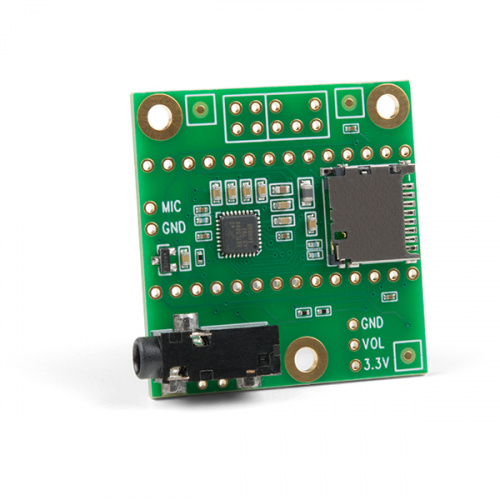
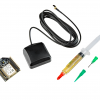
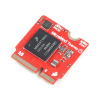
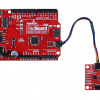

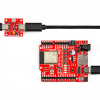
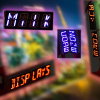




Hmm... maybe an "According To Pete" episode explaining (in a little more depth) what RISC-V is and why we'd want to use it would be in order?
There are several reasons for why users would be interested in the RISC-V. For most, it would probably be the open and standardized instruction set architecture (ISA). You can check out the RISC-V Foundation website for more information.
Pete is no longer with Sparkfun.
I certainly wish him the best! He'll be missed!